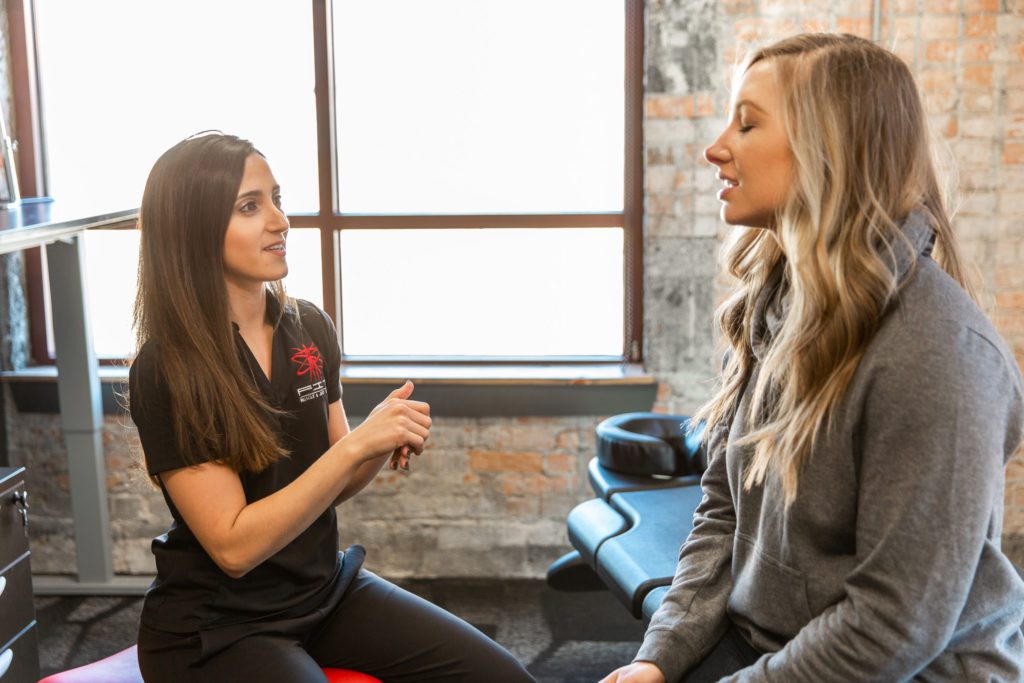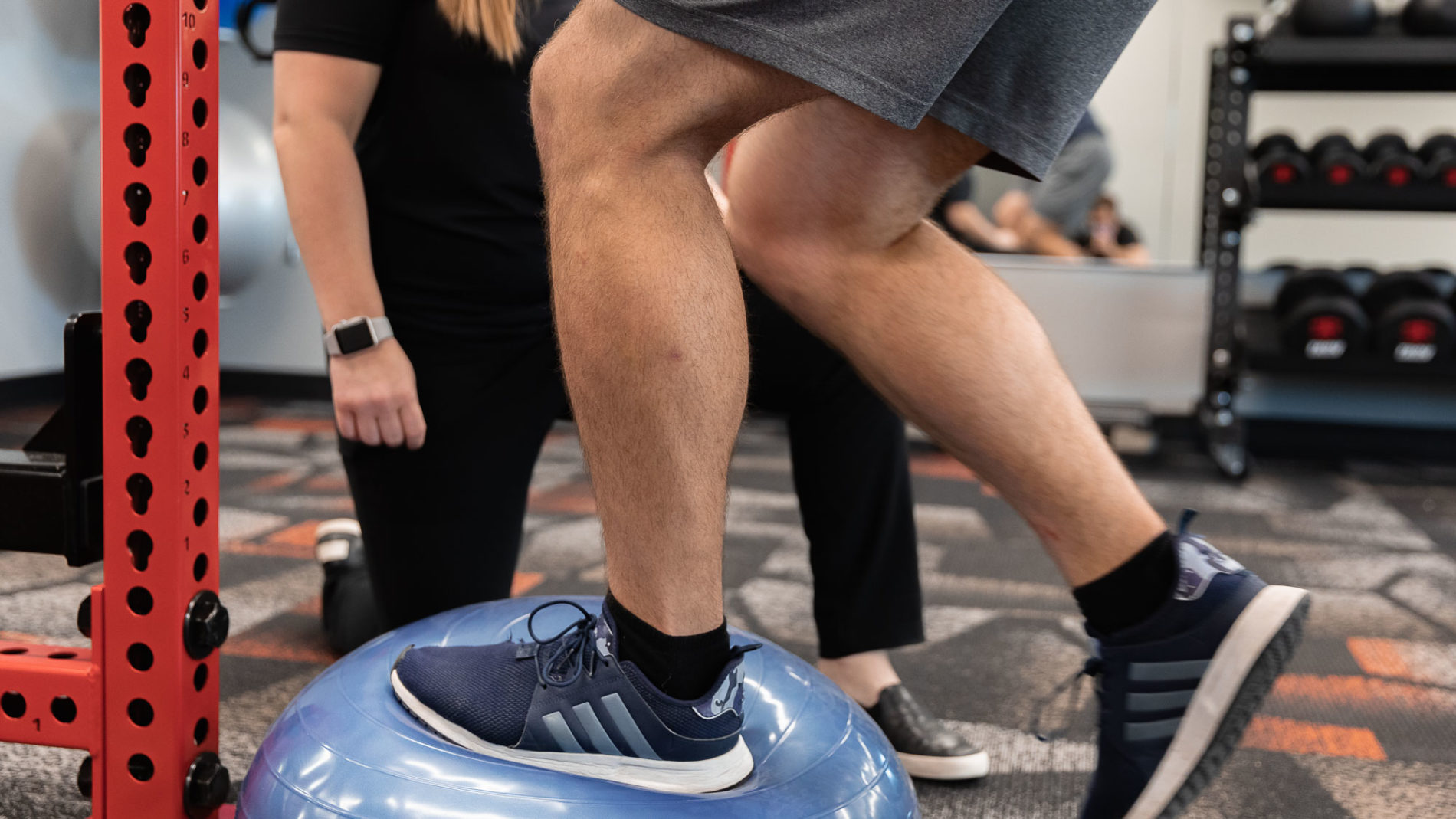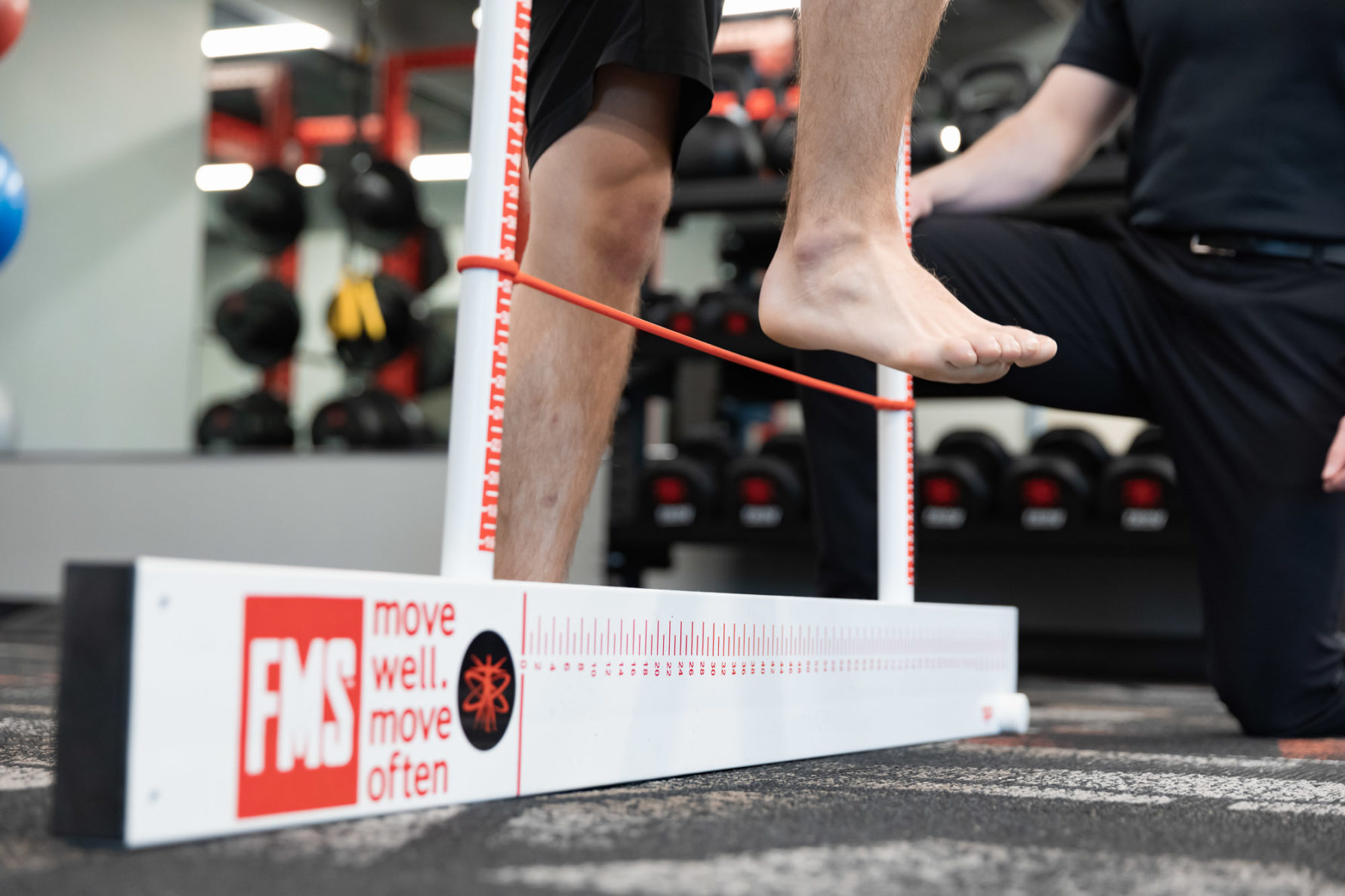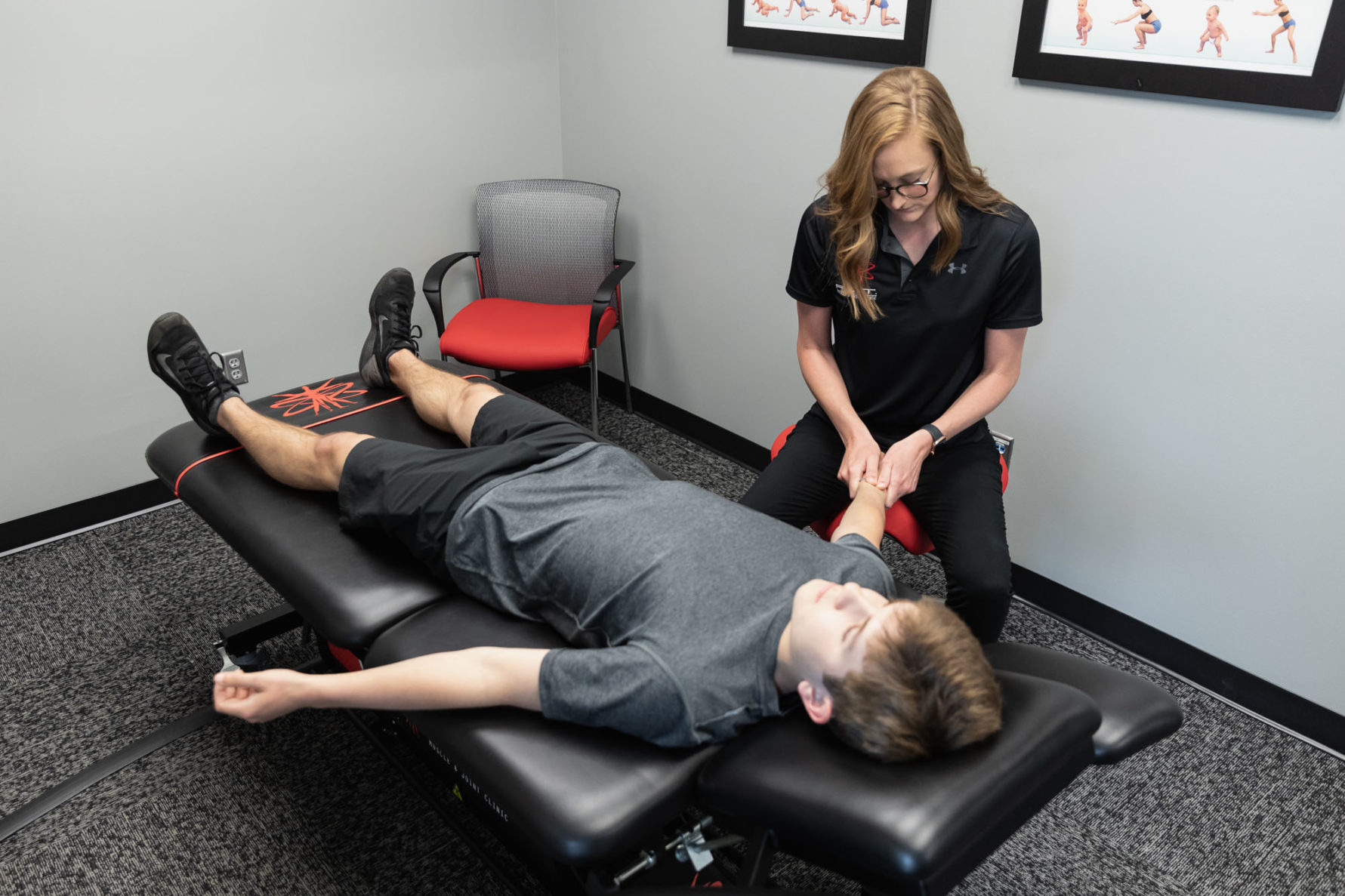
One aspect of physical rehabilitation in Kansas City that's vastly underrated is nutrition. Nutrition plays a vital role in the daily functions of your body, and it’s important to realize that no two bodies are the same. Therefore, no two bodies will respond the same way to whatever is imposed upon it. This can be seen in the gym, but also when it comes to nutrition and rehabilitation.
The concepts of nutrition and diet are more than just calories-in-versus-calories-out, a common myth among the general population.
What’s more important is how you are getting your calories. What we consume can directly affect how our bodies work, whether that’s in regards to someone looking to build muscle mass, someone that participates in vigorous physical activity, or someone with a sensitivity to things like gluten or dairy.
But did you know that dietary needs also require alteration when an injury is sustained to the body? This measure can be taken in order to help the body heal from the inside out. That's where nutrition and physical rehabilitation in Kansas City can work together.
How do nutrition and physical rehabilitation work together?

Having proper nutrition can greatly benefit your injury recovery, but having poor nutrition can greatly hinder your recovery, thus highlighting the need to optimize nutrition and rehabilitation.
Effects of malnutrition include delayed vascularization of the area, increased time spent in the inflammatory phase, reduced strength of the healing tissue, and a reduction in collagen synthesis. All of this leads to more time spent in rehab compared to properly nourished counterparts because of poor functional recovery.
Those suffering from malnutrition have an increased risk for both infection post-surgery and complications following their procedure, as well as increased mortality rate because of the lack of nutrients the body needs.
Nutrition and physical rehabilitation in Kansas City

Following an injury or surgery, the body is in higher metabolic demand, meaning caloric intake may need to be increased. This includes calories from proteins, which are important for tissue regeneration.
Overall, when there is a deficiency in protein following an orthopedic injury or surgery, it can lead to damaged tissue and more swelling in the area, which can delay healing if prolonged.
Sufficient protein also aids in the formation of bone in cases of fracture healing. And while adequate macronutrients are essential to injury recovery, vitamin supplementation can also put you on the path to healing. Vitamin A stimulates immune function which is important for wound healing and strength; zinc is another wound healing aid. Vitamin C aids in collagen synthesis, infection prevention, and, like vitamin A, helps improve immunity.
As with just about every topic, more is not necessarily better. Too much vitamin E can actually work against you, as it has steroid-like anti-inflammatory effects that can reduce wound healing and collagen synthesis. It can also inhibit proper blood clotting when supplemented early on in the healing process. Finally, (it goes without saying, but) water should be an essential component of any diet to help deliver proper nutrients to needy tissues. Too much of certain vitamins and minerals can be toxic, so be sure to ask your doctor what is safe for you.
Learn more about nutrition & physical rehabilitation
Contact F.I.T. Muscle & Joint Clinic today to learn more about our physical rehabilitation programs in Kansas City.
References
- Eka A., Chen, A.F. (2015). Patient-related medical risk factors for perioprosthetic joint infection of the hip and knee. Annals of Translational Medicine;3(16):233-245.
- Huckleberry Y. (2004). Nutritional support and the surgical patient. American Journal of Health-System Pharmacy;61:671-682.
- Hughes, M.S., Kazmier, P., Burd, T.A., Anglen J., et al. (2006). Enhanced fracture and soft-tissue healing by means of anabolic dietary supplementation. The Journal of Bone & Joint Surgery; 88(11):2386-2394.
- Ibrahim, M.S., Khan M.A., Nizam I., Haddad F.S. (2013). Peri-operative interventions producing better functional outcomes and enhanced recovery following total hip and knee arthroplasty: an evidence-based review. BMC Medicine;11:37.
- Lawson, R.M., Doshi, M.K., Barton, J.R., Cobden, I. (2003). The effect of unelected post-operative supplementation on nutritional status of orthopaedic patients. Clinical Nutrition;22(1):39-46.
- Scholl, D. & Langkamp-Henken, B. (2001). Nutrient recommendations for wound healing. Journal of Intravenous Nursing;24(2):124-132.
- Wild, T., Rahbarnia, A., Kellner, M., Sobotka L., Eberlein, T. (2010). Basics in nutrition and wound healing. Nutrition;26:862-866.



